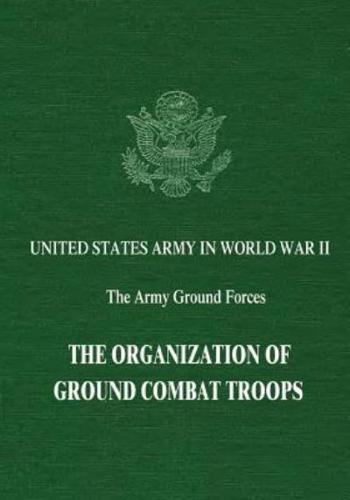Publisher's Synopsis
The series of historical studies of the Army Ground Forces, 1942-45, of which the present volume is the first to be published, was prepared during the course of the war or immediately thereafter on the responsibility of the Commanding General, Army Ground Forces.1 The headquarters studies in the series were written by professional historians, of whom three were officers of the Army of the United States and one a civilian. These historians were members of a historical office of Headquarters, Army Ground Forces, at first a part of the G-2 Section, but on 25 June 1943 organized as a separate Historical Section. Histories of subordinate commands were prepared under the supervision of this Section by a historical officer in each command, who, except in the Second Army, acted as such in addition to other duties. The studies were designed primarily for the use of the Army and were planned to be completed by the time the Army Ground Forces had discharged its war mission or shortly thereafter. Their object is to state not only what was done, but also why and how the actions recorded were taken and what lessons were learned. The judgments expressed are those of the officers concerned, not those of the historical officers. The function conceived as proper for the historical officers was to find and state the facts which seemed to have a bearing on the major problems that faced the Army Ground Forces, in the belief that in this context of facts the decisions of its commanders and the consequences of these decisions could be best understood. The studies in this volume were written during the war in the Historical Section of Headquarters, Army Ground Forces, where the authors had free access to the records and experience of the command. The Historical Division of the War Department has confined material changes to such additions of information, approved by the authors, as seemed necessary to round out the picture presented. The full and frank presentation of the wartime point of view of the Army Ground Forces, which has not been affected by the changes made, is regarded as one of the most valuable features of this particular series of studies.










